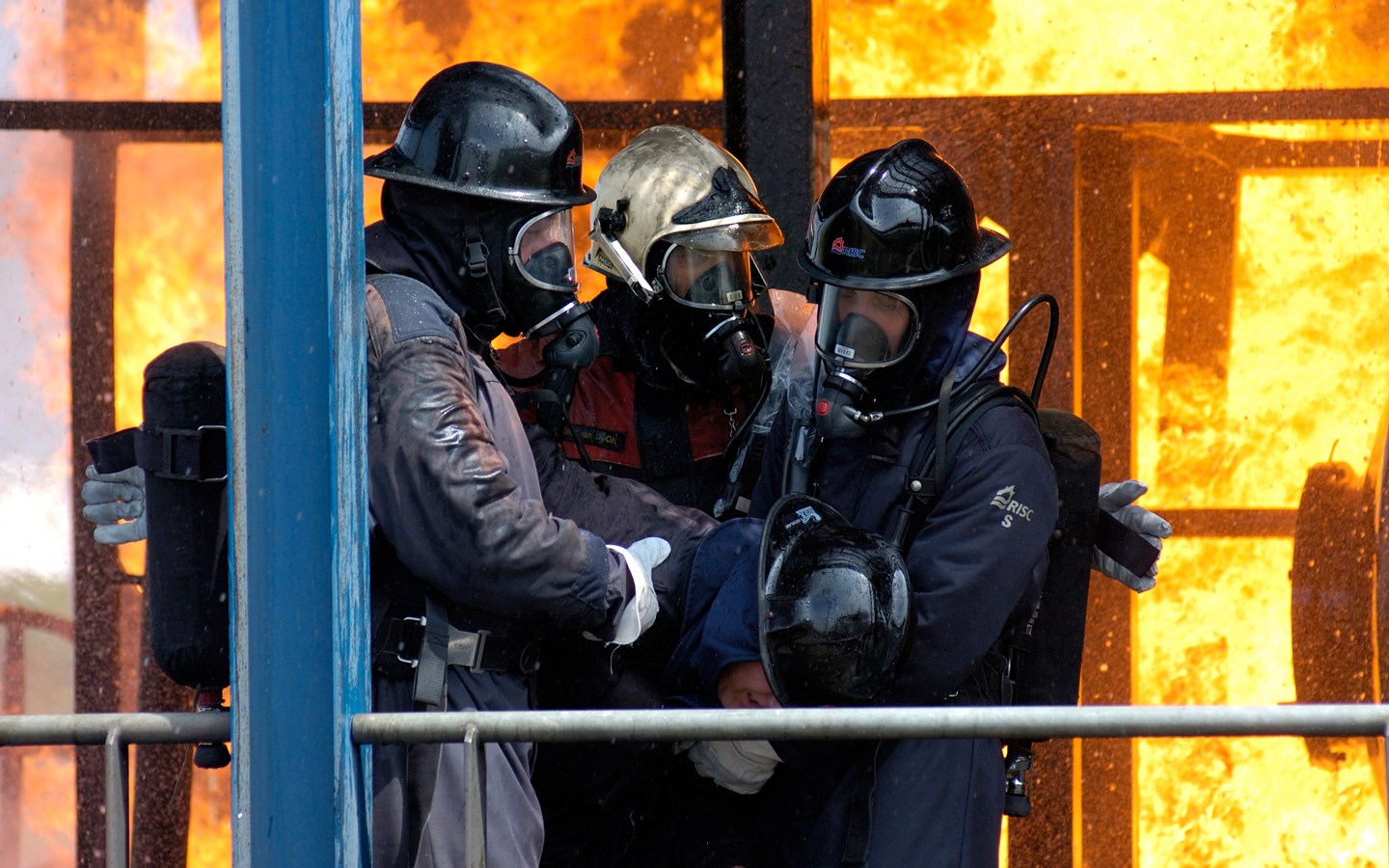

Effective Strategic Crisis Management begins with effective decision-making. In an emergency, the first major decisions made regarding how to handle the unfolding situation are almost always the most important ones. Good initial decisions can make even a catastrophe manageable; bad decisions can fatally exacerbate an otherwise small problem. In both cases, the window of opportunity for initial decision making is extremely small and closes rapidly. Once the moment for decision making has gone, it does not come back.
Your strategic corporate response must be coordinated and effective, your strategic crisis management team/s pre-identified and fully trained.
By the end of this course delegates will be able to:
This powerful program will be of benefit to those who find themselves responsible for leading on, or implementing Crisis Management response and recovery mechanisms.
In addition, it will raise the awareness of those Senior Executives who may have been allocated 'potential' or specific tasks in an existing corporate Crisis and Emergency Management programs yet have had insufficient time to devote to the subject.
The program has been designed to be interactive with several case studies and group exercises. A modular approach will take the delegates through the four stages of Crisis Management - Preparation, Planning, Response and Recovery. Participative lectures will involve the use of PowerPoint, handout material, work manual with all instructor notes and slides, examples of best practice and appropriate video/DVD material. The use of flip-charts, syndicate work-shops and reporting back sessions will encourage a fully participative and enjoyable event.
Day One
What should be in place before the event?
Day Two
Pre-planning, who and what else should be considered?
Day Three
Dealing with a crisis - the 'communications' perspective
Day Four
Incident Management & Aftermath
Day Five
Essential post incident actions
BTS Consultant Certificate will be issued to all attendees completing minimum of 75% of the total tuition hours of the workshop.
| Code | Date | Venue | Fees | Register |
|---|---|---|---|---|
| HSE251-01 | 17-05-2026 | Dubai | USD 5450 | |
| HSE251-02 | 12-07-2026 | Amman | USD 5450 | |
| HSE251-03 | 20-09-2026 | Cairo | USD 5450 | |
| HSE251-04 | 02-11-2026 | Istanbul | USD 5950 |

Crises challenge organizations to respond creatively to high-stakes and novel circumstances. Today not only traditional emergency responders must be ready for crises, but also private and nonprofit or ...

An essential part of risk and incident analysis is to provide management with decision making criteria for determining and subsequently establishing an organisation’s range of acceptable, tolerable an ...

Striving for safety excellence has to be every safety professional’s endeavor and aspiration. This “must attend” Advanced Safety Leadership course will provide you with powerful tools that with effort ...
Providing services with a high quality that are satisfying the requirements
Appling the specifications and legalizations to ensure the quality of service.
Best utilization of resources for continually improving the business activities.
BTS keen to selects highly technical instructors based on professional field experience
Since BTS was established, it considered a training partner for world class oil & gas institution
1st floor, Incubator Buildingو Masdar City, Abu Dhabi, UAE
Sun to Fri 09:00 AM to 06:00 PM
Contact Us anytime!
Request Info